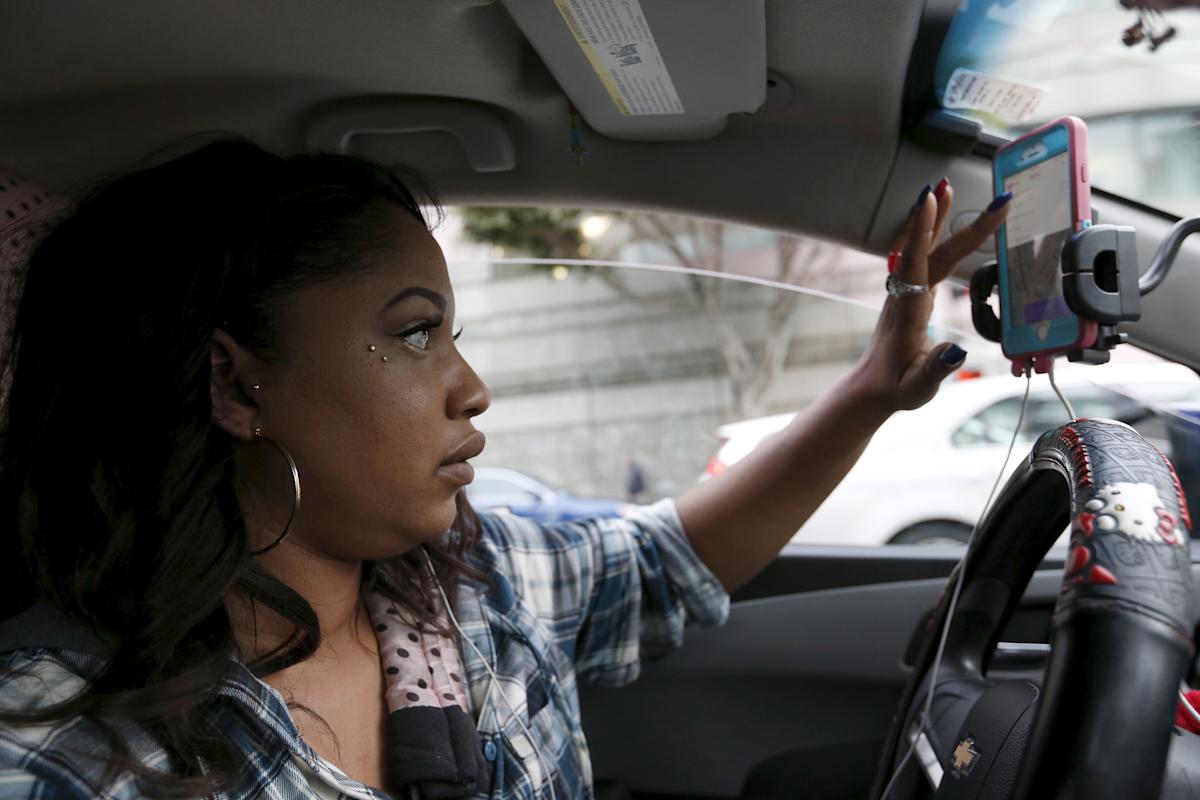New York City Implements New Minimum Wage Regulations for Rideshare Drivers
New York, NY – The Taxi and Limousine Commission (TLC) of New York City has announced new minimum wage regulations for rideshare drivers, following months of discussion and deliberation. According to reports from Bloomberg, this new proposal includes a five percent increase in wages for drivers, aiming to prevent companies like Uber and Lyft from locking drivers out of their platforms.
Proposed Changes Await TLC’s Board Approval
Before these changes can take effect, the TLC’s board of commissioners must vote on the proposal. If approved, it will provide clarity and stability to rideshare drivers who have faced uncertainty in their earning potential.
Since May 2024, Uber has intermittently restricted access to its app for drivers, limiting their ability to secure rides and generate income. This decision was made as a strategy to avoid compensating drivers who were online but not actively undertaking rides.
Previously, New York implemented a minimum wage of approximately $18 per hour in 2022, with provisions requiring drivers to be compensated for idle time between trips. This requirement has faced resistance from rideshare companies like Uber and Lyft.
Evolution of Wage Proposals
Bloomberg’s reporting indicates that the TLC initially considered a more substantial proposed raise of 6.1 percent to discourage the blocking of drivers by rideshare companies. The revised five percent increase reflects a compromise, and it includes a new formula for driver pay. This formula is designed to enhance earnings while also ensuring that drivers receive notifications before losing access to their app.
Despite these advancements, Lyft has expressed dissatisfaction with the proposal. A spokesperson for the company remarked that while the changes signify progress, there remain concerns regarding the potential for the new pay structure to lead to less favorable earnings opportunities for drivers. They also warned that it might result in higher fares for riders and decreased ride availability.
Ongoing Tensions Between Rideshare Companies and Regulation
The relationship between rideshare companies and municipal and state authorities has been fraught with challenges, particularly when it comes to driver rights and compensation. The experience in New York stands in stark contrast to California’s Proposition 22, which redefined gig workers as independent contractors, making it difficult for them to access similar benefits.
As the city moves forward with these new wage regulations, the ongoing discourse around driver compensation and protections is expected to continue.
By optimizing the deployment of these new wage rules, New York City aims to enhance the livelihoods of rideshare drivers while also addressing the broader challenges related to the gig economy.




